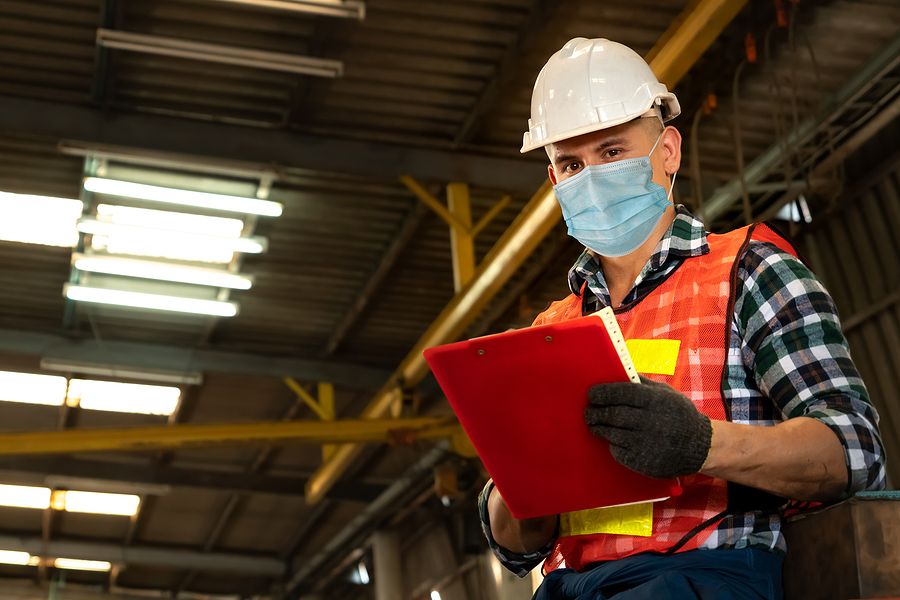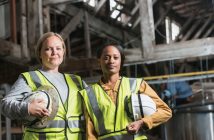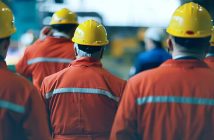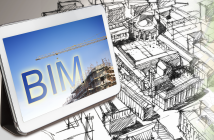Building and construction work that meets the Government definition of an essential service can continue under COVID-19 restrictions, following CHASNZ’s latest health and safety guidance

COVID-19 Alert Level 4 is restricted to essential services only. Building and construction work can only be completed if it meets the Government definition of an essential service. The Government defines essential business in the building and construction sector as:
- any entity involved in building and construction related to essential services and critical infrastructure, including those in the supply and support chain
- any entity involved in any work required to address immediate health or life safety risks, or to prevent serious environmental harm, and relevant essential supply chain elements
- any entity with statutory responsibilities or that is involved in building and resource consenting necessary for the above purposes.
This means your business may be essential if it provides one of the following essential services:
- Building and construction required immediately to:
- maintain human health and safety
- avoid significant environmental harm.
- Work required for critical infrastructure, for example electricity, gas, water and waste water (sanitation).
- Work required for essential services, for example food processing, food distribution, supermarkets, dairies and pharmacies.
- Regulatory service in relation to building consenting, compliance and resource consenting necessary for essential services outlined above.
- Supply of products and materials necessary for essential services outlined above.
The situation is often changing, so you may not be clear on whether your business is essential. Some businesses will be deemed essential for a short period of time while supporting other essential businesses or while carrying out an essential service.
To decide whether the service you are planning to provide, or need to have carried out is essential, you should apply the essential business definition.
The responsibility is on the person carrying out the building or construction work to ensure that the work they are completing meets the essential business definition.
If you supply products or materials, you need to take steps to ensure they are being used for an essential service or activity. For more information see: Retailer and supplier information
To help you identify work that meets the essential business definition, ask yourself the following questions:
- Is the work required for essential services or critical infrastructure, including those in the supply and support chain?
- Is the work required immediately to ensure health, safety and wellbeing of people, or avoid significant environmental harm?
- Is the work you are performing the bare minimum required to meet the criteria above?
If you answered yes to these questions, your work may be considered essential, however it is important to assess your specific situation and satisfy yourself that the criteria in the Government definition of essential business has been met.
If your work is not essential or you’re unsure if it’s essential, you should defer the work to when the COVID-19 restrictions are lifted. New Zealand needs to restrict movement and human contact as much possible to slow the spread of the virus.
| Occupation | Examples of essential work | Non-essential work |
|---|---|---|
| Plumbing | The repair or replacement of a failed hot water cylinder required for sanitation purposes. | Replacing tap washers. |
| The unblocking and repair or replacement of sanitary waste or water supply pipes. | Replacement of sanitary fixtures that are working. | |
| Electrical work | The repair or replacement of electrical installations or equipment that provide heating and hot water. | Routine servicing of non-essential equipment or infrastructure. |
| The repair or replacement of security alarms. | Providing electrical connections for household dishwashers, sound systems. | |
| Fire service technicians | Remediating a defect for a fire alarm or sprinkler in an occupied building. | Testing fire alarm systems in an unoccupied building. |
| Responding to a request from FENZ to attend a system during an emergency call out. | ||
| Building work | Securing a structure to prevent collapse e.g. placing supports under structural beams tying beams in. | Installing interior linings. |
| Tying down a roof where there is significant risk of uplift. | Pouring a concrete slab. | |
| Repairing damage to a building that prevents the occupants from having a dry warm environment. | Roof or cladding maintenance to prevent leaks. | |
| Installing heating in an occupied building where no sufficient heating source currently exists. | Upgrading an existing and functioning heating system. | |
| General repairs | The repair of building elements that effect the security of a building such as broken windows, external doors, window frames. | Painting or plastering. |
CHASNZ guidance for essential construction sites
At this alert level, the Public Health Order allows for sites to be made secure and safe, and construction businesses must follow health and safety protocols detailed below.
While businesses permitted to operate under level 4 will have a higher task specific set of requirements depending on the nature of the business, the core principle behind this standard is to protect the health and safety of all workers required to perform duties during the COVID-19 crisis.
This includes health and safety impacts on operations related to operating under a COVID-19 environment, as well as protecting the wider New Zealand population from transmission and spread of the virus.
Another key principle is to maintain the WorkSafe three pillars of good work throughout all operations: leadership, risk management, and worker engagement.
In accordance with the Health and Safety at Work Act (2015), PCBUs in the construction industry should prepare and implement their site plans and processes with worker engagement and participation to ensure that these are embedded in practice.
Construction PCBUs and officers are expected to undertake and champion the principles of this standard by constantly focussing on eliminating or reducing the risk of COVID-19 transmission to an acceptable level (as required by the Ministry of Health (MOH)), engaging meaningfully with their workforce, and making worker health a key priority.
The standard also includes prevention, detection, and rapid response measures designed to achieve the principles above whilst maintaining business continuity across the construction industry.
PCBUs are responsible for implementing controls to achieve this standard and maintaining records to provide evidence that the requirements have been met.
For more information: download the latest standards document
Civil and commercial construction protocols
Residential construction protocols







